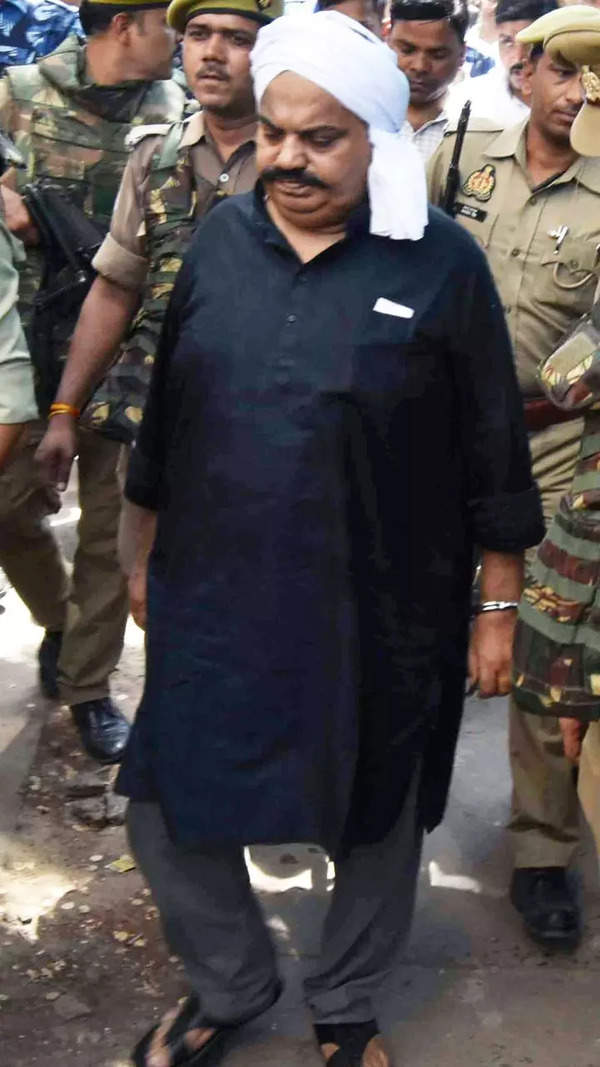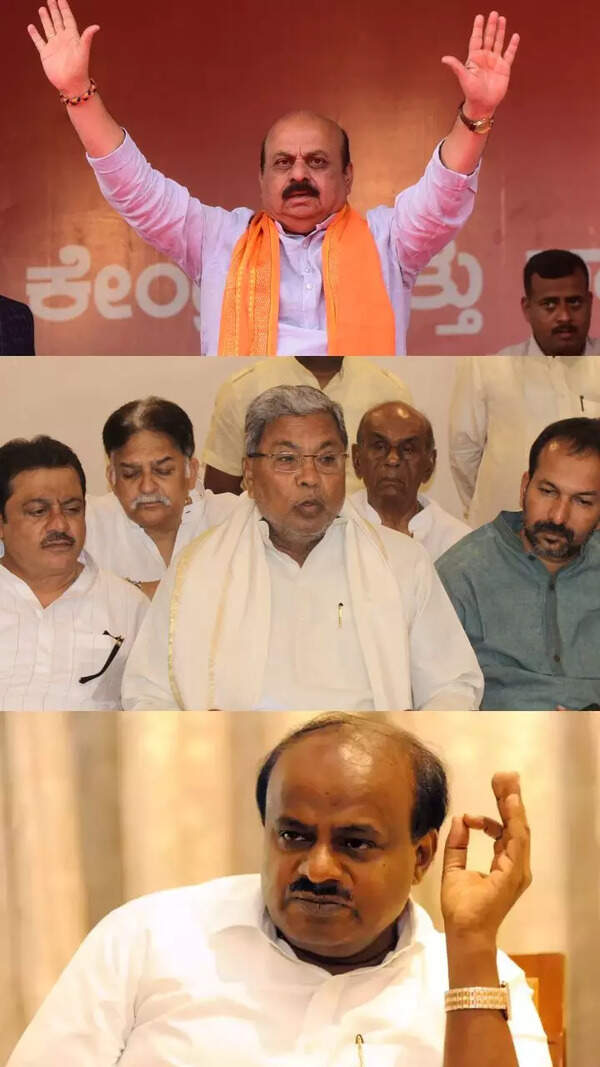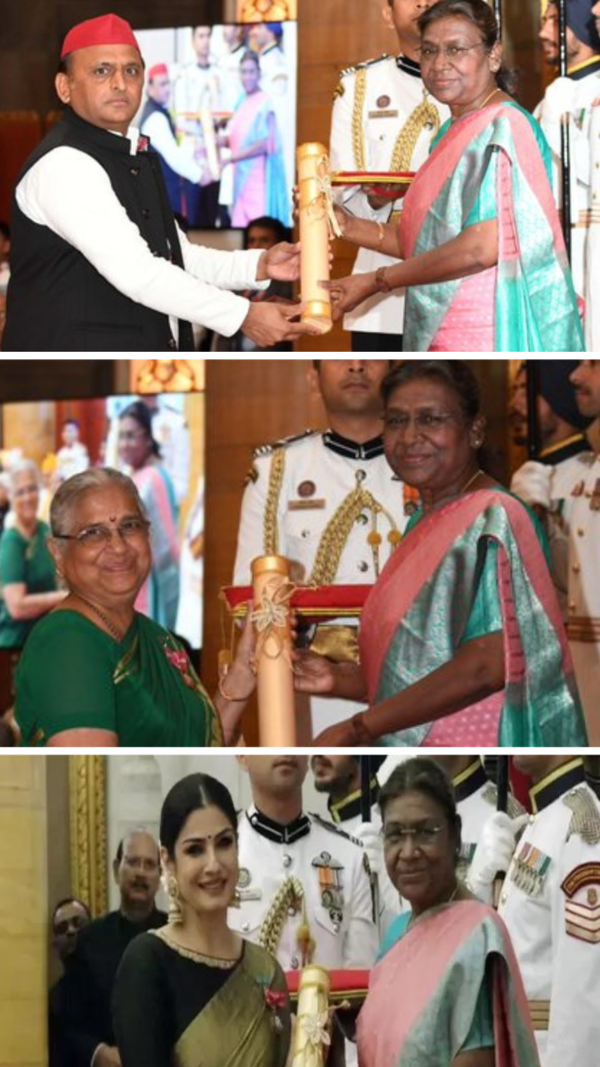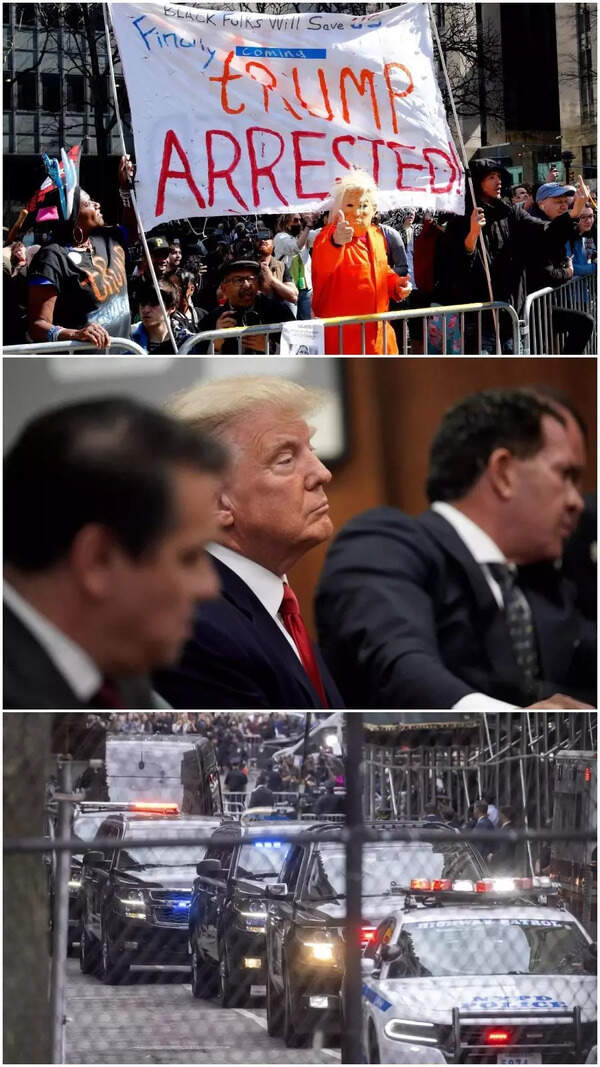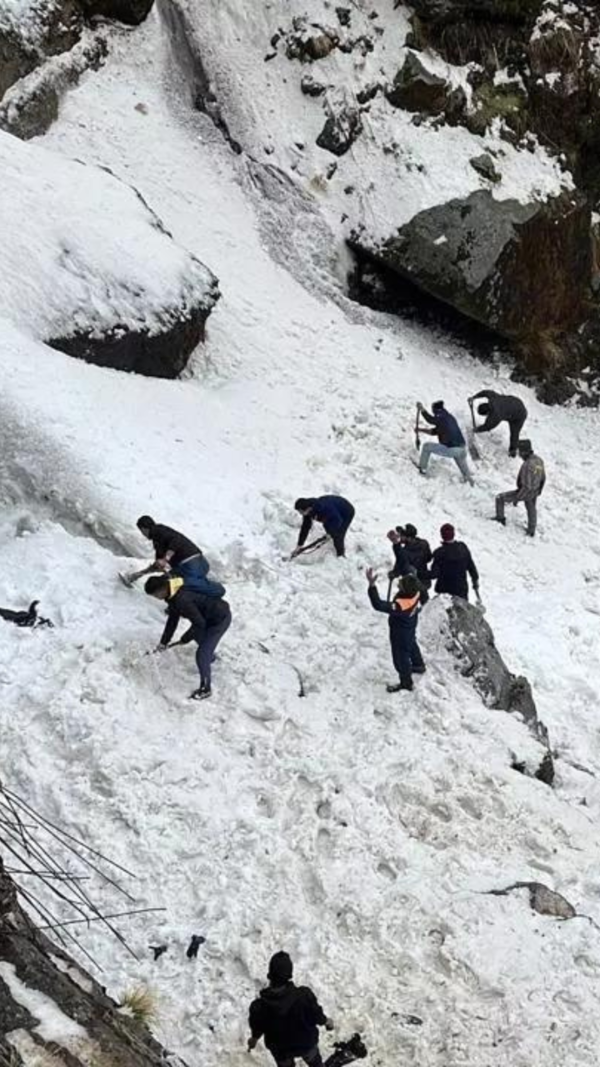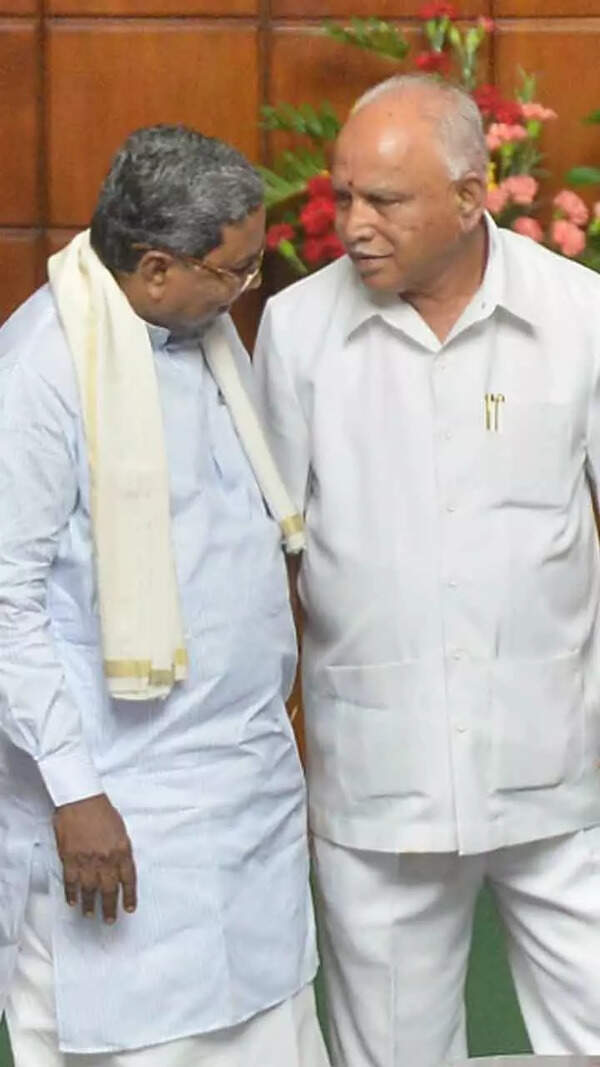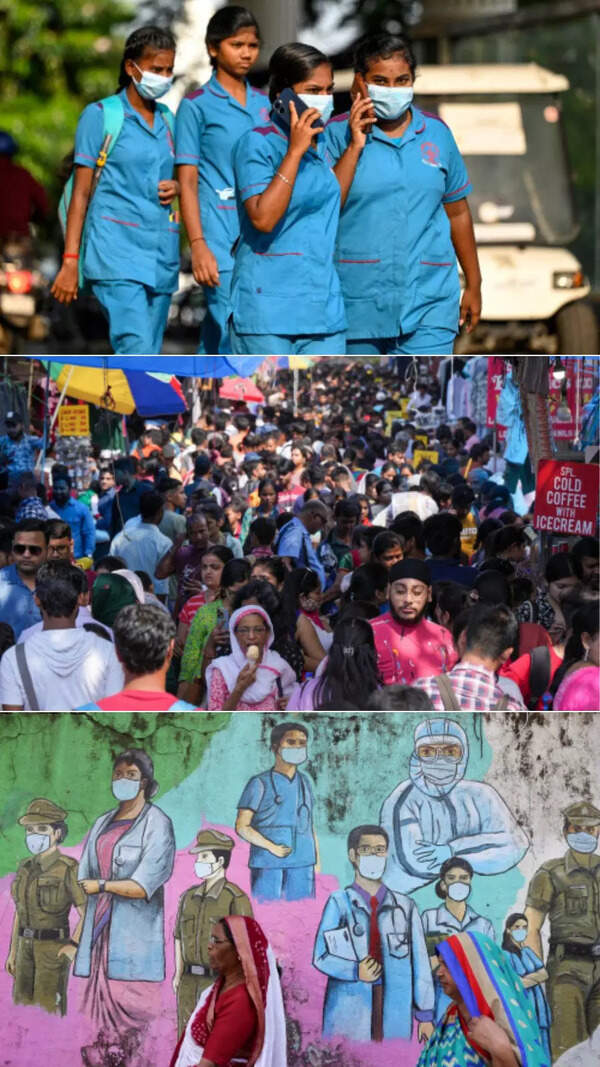- News
- City News
- delhi News
- Shraddha Walkar's dad moves Delhi court for her remains to conduct cremation
Trending Topics
Shraddha Walkar's dad moves Delhi court for her remains to conduct cremation
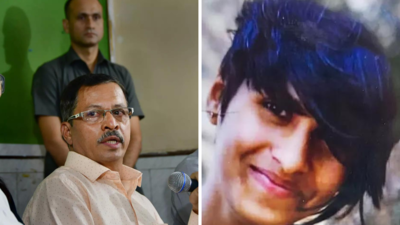
Vikas Walkar and Shraddha Walkar
NEW DELHI: Shraddha Walkar's father on Saturday approached a Delhi court seeking the remains of her daughter for cremation, saying tradition and culture required performance of her last rites.
Meanwhile, the court wrapped up its hearing on framing charges against Aaftab Amin Poonawala, who is accused of strangling his live-in partner Shraddha on May 18 last year and chopping her body into pieces.
Aaftab allegedly cut her body into pieces and kept them in a fridge for almost three weeks at his residence in south Delhi's Mehrauli. He scattered them at different places in the national capital to avoid being caught.
During the court proceedings, Delhi Police informed additional sessions judge Manisha Khurana Kakkar that it would respond to the father's plea.
The application moved by advocate Seema Kushwaha on behalf of Vikas Madan Walkar said according to custom, the last rites had to be performed within a year and the last date for cremation based on the Hindu calendar is May 8. Underlining that more than 10 months have gone by since her death, the plea requested for urgent relief so that bones and other body parts of the deceased could be exhibited and handed over to her family.
"The traditional belief in our country is that unless the last rites are performed, the soul of the deceased shall not rest in peace and this belief is deeply rooted...It also has an emotional and sentimental aspect. Hence, the family members of the deceased victim should not be deprived of the right to perform the last rites," the application said.
It said not providing a chance to perform the last rites would violate the fundamental rights of the deceased and referred to a high court verdict to argue that the word 'person' in the Constitution includes a dead person in a limited sense and the right to life with dignity should be extended in such a manner that the dead body is given respect, which the person would have deserved, on being alive, subject to the professed tradition, culture and the religion and that the society should not be permitted to show any disrespect to the deceased.
"Right to a decent funeral can also be traced in Article 25 of the Constitution of India which provides for freedom of conscience and free profession, practice, and propagation of religion subject to public order, morality and health and to the other fundamental rights," the plea argued.
Meanwhile, the court wrapped up its hearing on framing charges against Aaftab Amin Poonawala, who is accused of strangling his live-in partner Shraddha on May 18 last year and chopping her body into pieces.
Aaftab allegedly cut her body into pieces and kept them in a fridge for almost three weeks at his residence in south Delhi's Mehrauli. He scattered them at different places in the national capital to avoid being caught.
During the court proceedings, Delhi Police informed additional sessions judge Manisha Khurana Kakkar that it would respond to the father's plea.
The application moved by advocate Seema Kushwaha on behalf of Vikas Madan Walkar said according to custom, the last rites had to be performed within a year and the last date for cremation based on the Hindu calendar is May 8. Underlining that more than 10 months have gone by since her death, the plea requested for urgent relief so that bones and other body parts of the deceased could be exhibited and handed over to her family.
"The traditional belief in our country is that unless the last rites are performed, the soul of the deceased shall not rest in peace and this belief is deeply rooted...It also has an emotional and sentimental aspect. Hence, the family members of the deceased victim should not be deprived of the right to perform the last rites," the application said.
It said not providing a chance to perform the last rites would violate the fundamental rights of the deceased and referred to a high court verdict to argue that the word 'person' in the Constitution includes a dead person in a limited sense and the right to life with dignity should be extended in such a manner that the dead body is given respect, which the person would have deserved, on being alive, subject to the professed tradition, culture and the religion and that the society should not be permitted to show any disrespect to the deceased.
"Right to a decent funeral can also be traced in Article 25 of the Constitution of India which provides for freedom of conscience and free profession, practice, and propagation of religion subject to public order, morality and health and to the other fundamental rights," the plea argued.
Start a Conversation
FOLLOW US ON SOCIAL MEDIA
FacebookTwitterInstagramKOO APPYOUTUBE

